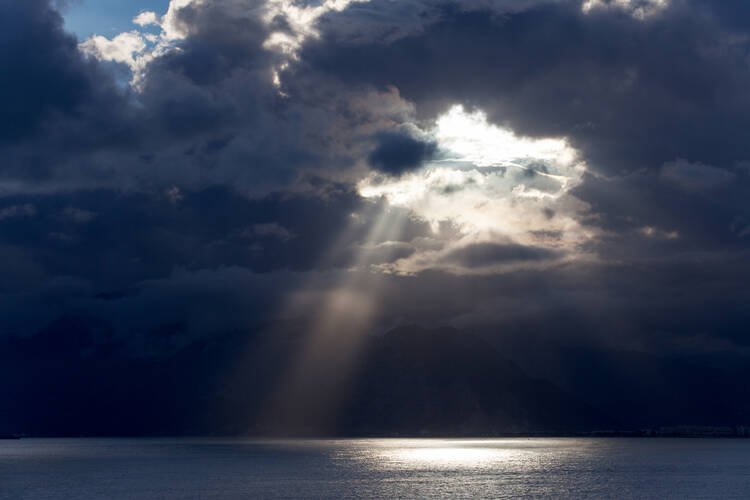You have probably heard that in order for someone to be declared a saint they (usually) need to have two miracles attributed to their intercession. But how does the Catholic Church decide what’s a miracle and what is just a rare healing—or a hoax?
To find out, we spoke with Bishop Eusebio Elizondo, an auxiliary bishop for the Archdiocese of Seattle who has served as the “devil’s advocate” in the canonization process. The devil’s advocate (today formally known as the “promoter of the faith”) is appointed by the church to make the case against a candidate’s sainthood. We ask Bishop Elizondo what kinds of questions the devil’s advocate asks, how modern science has changed the church’s understanding of miracles and why most miracles today involve healing—as opposed to, say, water and wine or loaves and fishes.
In Signs of the Times, we preview the Jan. 22 beatification of Rutilio Grande, a Jesuit priest and martyr from El Salvador, and discuss an advice column about Catholic weddings that raises interesting questions about the role of parents in the sacrament.
Links from the show
- Come to Italy with Jesuitical!
- 4 lessons from Rutilio Grande, priest, prophet and martyr
- Ask Amy: Upset mother objects to paying for Catholic wedding
- Boy’s recovery a Kateri miracle
What’s on tap?
Last night’s leftover wine








